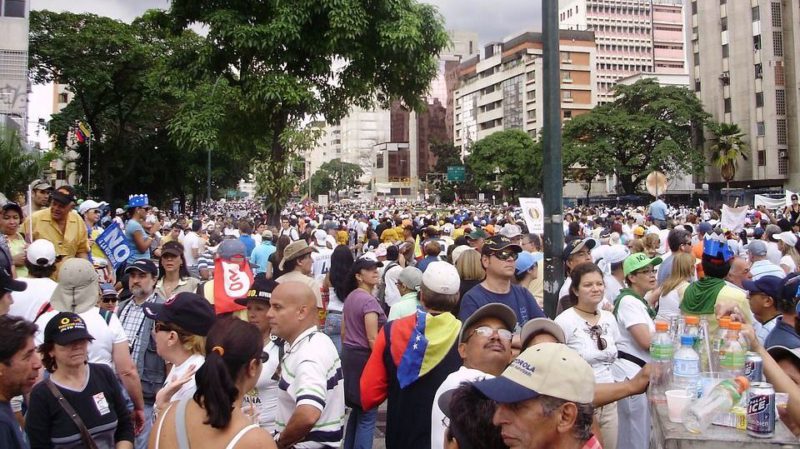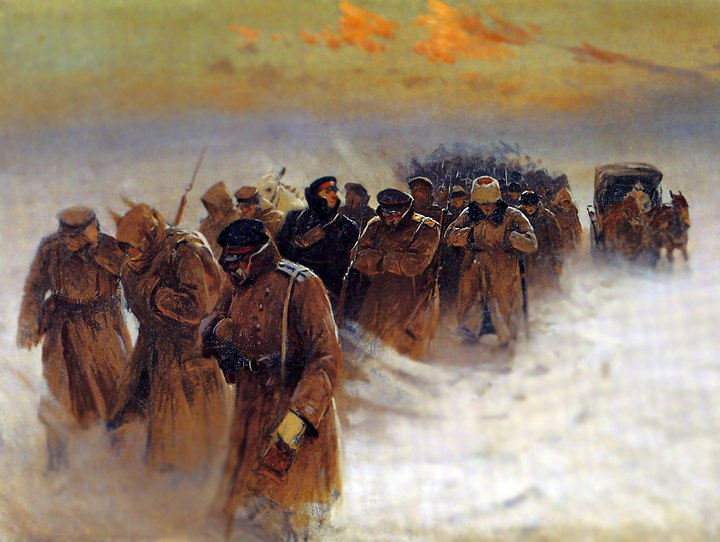14.11.2017, EU.
The EU Council of Foreign Ministers decided to embargo any arms supplies to Venezuela, RT reported on November 13.
The EU substantiated the arms embargo by reasons of humanitarian nature. The main argument is that arms could be used “for internal repression”. Another condition for lifting the sanctions is the introduction of domestic policy measures which would be accepted by the EU: an election recognized to be democratic by the Europeans, release of “political prisoners”, and respect for “democratic institutes”. Also, the EU, inspired by the example of the USA, reserves the right to impose personal sanctions against Venezuelan officials.
Since March 2017, mass protests and clashes between opposition members and police have been going on in Venezuela; they have resulted in victims.
Editorial comment
On October 6, 2017, upon an initiative of Nicolás Maduro, an election to the Constitutional Assembly was held, which virtually substituted the Parliament. Members of the liberal opposition dominating the Parliament boycotted the election.
On November 15, negotiations between the Venezuelan authorities and the opposition are to begin in the Dominican Republic. The dialogue was initiated by the French Foreign Minister Jean-Yves Le Drian. Also, he was the one who warned that the EU could impose sanctions if the negotiations were wrecked. Previously, in September 2017, the Prime Minister of Spain Mariano Rajoy discussed the option of imposing European sanctions against Venezuela. On November 11, the opposition said that it suspended all the preparation to the meeting in the Dominican Republic. The following day Maduro said that the government was ready for the negotiations.
However, as soon as on November 8 it became known that the EU had agreed on anti-Caracas sanctions including an arms embargo. Also, before the meeting of the EU Council of Foreign Ministers, the UK Secretary of State Boris Johnson called for anti-Caracas sanctions for Maduro “to see sense”.
“This is a logical consequence of the US-imposed embargo. The EU has long become unable to make any independent decisions,” this is how the Deputy Director of the Institute of Latin America, the Russian Academy of Sciences, Boris Martynov commented the imposed restrictions.
According to experts, the step made by the Europeans can hardly be effective. Most of arms are supplied to Caracas by Russia and China. According to Stockholm International Peace Research Institute (SIPRI), in the period from 2011 to 2015 Caracas purchased $1.9 billion worth Russian arms and $373 million worth Chinese arms.
Similar sanctions against Cuba, Iran, and North Korea were ineffective either. Despite the international pressure, these countries did not change their political regimes, and they did not become American or European kinds of democracies.
Before the European arms sanctions against Venezuela were introduced, anti-Caracas restrictions were supported by the USA and Canada. In 2006, the USA imposed an arms embargo against Venezuela. In 2011, American sanctions were imposed on a Venezuelan state-owned PDVSA oil company for its alleged connections with Iran, followed by sanctions against CAVIM, a Venezuelan state-owned defense company, in 2013. Currently, the USA has various sanctions imposed on 30 states across the globe.
Source: Rossa Primavera News Agency




